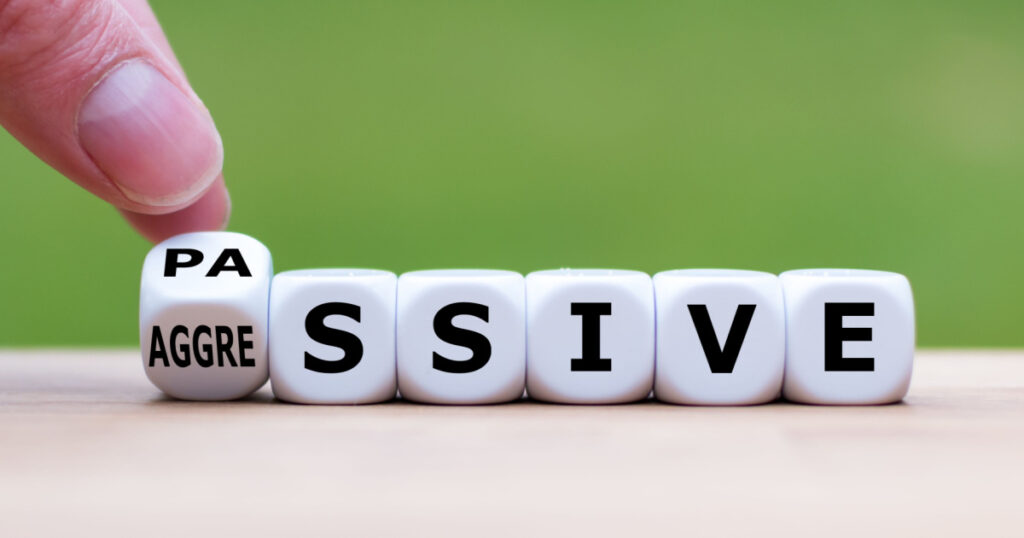Do you agree that the people in your life should be ones who lift you up instead of tear you down? Every once in a while it’s healthy to do a little friend-ventory to remove the negative influences in your life and replace them with positive ones. If you’re going through a long list of people you know and don’t know where to start, don’t fret! Below is a list of five toxic types[1] to help you start making room for more fulfilling relationships.
Read: Toxic Marriages Are More Painful For Kids Than Divorce
The 5 Types of Toxic People and How to Spot Them

Identifying toxic people is crucial for maintaining mental and emotional well-being. Understanding the five common types of toxic individuals can serve as a guide to recognizing harmful behaviors early on. By sharpening your awareness and learning how to navigate these dynamics, you empower yourself to establish healthier boundaries and foster more positive relationships in your life.
1. The Constant Critic

Do you know that feeling of never being good enough? No matter how hard you try in anything, that one person is always there to let you know what you did wrong. Some people believe that we’re our worst critics, so the last thing anyone needs is another one. It can take the form of a (literal) voice hovering over your shoulder that points out every single detail that either doesn’t matter, or you missed. And if you did miss something, who cares!? If this person truly believes they’re adding value to your life, they will stand beside you and offer advice, not behind you with a critique. Not all criticism is bad, however, the constant criticizer often fails to be constructive in his or her comments. Although you may bear the brunt of negativity, the critic is most likely the one with a real problem. That “friend” who criticizes your being instead of your behavior tends to have low self-esteem or wishes to maintain control. And, if control is that person’s motivator in your relationship, then you should think of parting ways. You’ll be doing both of you a favor.
2. The Passive Aggressor

The passive-aggressive person in your life may as well have “actions speak louder than words” tattooed across their back. Yup, that’ll really let you know you probably did something wrong. But how are you supposed to know the source of this person’s passive-aggression if they continue to be cryptic in their actions or comments? If you know a passive-aggressor, their interactions with you are probably indirect and rooted in anger. A relationship with this kind of person is unhealthy because the more you have these indirect interactions, the more likely you are to start overanalyzing things they say. This could result in you believing that you did something wrong and that you are somehow responsible for the other person’s anger. And that isn’t fair to you. Ultimately, when people choose – and it is a choice – not to be forthright and honest about their feelings, their relationships fall apart.
3. The Narcissist

The better-than, the one-upper, the anything-you-can-do-I-can-do-better narcissist. You’ve at least observed a narcissist in action once in your life. Those who fall into this category seem to have a strange gravitational pull that keeps people – maybe you’re one of them – around! The world revolves around them and what’s worse is that they always make sure that you’re aware of it…even on days that belong to you by birthright! Imagine that you’re surrounded by people you care about and just as you make a wish, blow out your candle, and cut into your birthday cake, the narcissist (who you probably shouldn’t have invited) does what narcissists do best. After about ten minutes of listening to them go on about how many people showed up at their party, how much it all cost, how the cake was better than yours, and on and on, you remind them that you attended their party so there’s no need to ruin yours! It doesn’t even phase them. If you haven’t noticed, narcissists are quite shallow and get angry quickly if you make them feel undermined. So, before you become too emotionally invested in a relationship with a narcissist, you’d be wise to cut ties because they don’t care about you.
Read: Toxic People Never Admit When They Are Wrong
4. The Psychopath

This toxic type doesn’t refer to the crazy friends you sometimes playfully call “psycho,” but the very real Antisocial Personality Disorder (ASPD) that that one person in your friend group may have. According to the Diagnostic and Statistical Manual of Mental Disorders, ASPD includes sociopathy and psychopathy. If you’re aware of someone like this in your life, you’ve probably observed some of their traits. They can exhibit polar opposite behavior; for example, one moment they may explode in anger and violence and then feel remorse. Other times, they may feel absolutely no remorse or empathy. It’s these opposites that arguably make the psychopath so challenging to cut out of our lives. It feels weird even typing that, but here’s the thing: if we aren’t trained psychologists or psychiatrists (although we like to think we are sometimes), we shouldn’t be entirely responsible for their mental health. The fact that we also share some of those opposing tendencies, albeit to lesser extents, makes us forgive and accept people in our lives who may have ASPD. It might go smoothly for a while, but the more invested you become in these relationships, the more a fallout between you will hurt. The best and healthiest thing you can do is separate yourself from them and try and point them towards someone or somewhere that they can find professional help.
5. The Non-Communicator

It seemed fitting for this toxic type to come last on the list. There’s one constant in these people that you may be in some form of relationship with and that is communication. Communication (or the lack thereof) is the factor that makes our relationships functional or dysfunctional. The non-communicator will cease to speak to you if there’s any conflict or confrontation. These problems don’t just include petty ones either, which is, unfortunately, the reason why most relationships begin to deteriorate. This individual will refuse to engage in critical conversations, too. Ultimately, it’s those important, relationship-altering conversations that you want to pay attention to. If your friend or partner – someone who you feel you can confidently say you know – shuts down in those moments, make sure you explain your side of the story and let them know that you’re there to listen without judgment. But if there isn’t any breakthrough, then it might be time to think deeply about whether you want to continue nurturing this relationship alone.
Psychologists’ Advice for Ending Toxic Relationships

Rosemary K.M. Sword and Philip Zimbardo combined their backgrounds in counseling, therapy, and psychology, and have come up with five steps to end a toxic relationship.[2]
Keep Reading: 10 Things Toxic Parents Do And Their Effects On You
Sources
- Are you in denial? Try to evaluate the situation honestly and then, review past negative behaviors.
- What are the benefits of your current relationship? Do this to discover how you feel in the present.
- What are other things in life that make you feel good? Practice selected present hedonism to fill the void you feel.
- When was the last time you went out with friends or hung out with someone new? Try to be pro-social and surround yourself with positive people.
- Have you reflected on your past relationship(s)? Do this so that can you replace past negatives with future positives.

